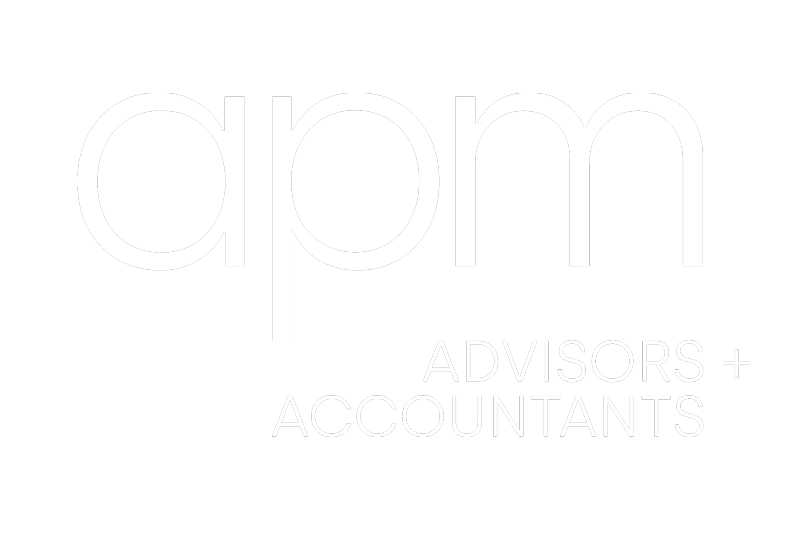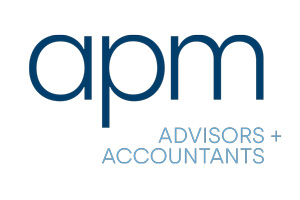
Information for registered agents about preparing and lodging tax statements and returns due in April 2023.
21 April
Lodge and pay quarter 3, 2022–23 PAYG instalment activity statement for head companies of consolidated groups.
Lodge and pay March 2023 monthly business activity statement.
28 April
Lodge and pay quarter 3, 2022–23 activity statement if electing to receive and lodge by paper and not an active STP reporter.
Pay quarter 3, 2022–23 instalment notice (form R, S or T). Lodge the notice only if you are varying the instalment amount.
Make super guarantee contributions for quarter 3, 2022–23 to the funds by this date.
Employers who do not pay minimum super contributions for quarter 3 by this date must pay the super guarantee charge and lodge a Superannuation guarantee charge statement by 28 May 2023.
Note: The super guarantee charge is not tax deductible.
30 April
Lodge TFN report for closely held trusts if any beneficiary quoted their TFN to a trustee in quarter 3, 2022–23.
Lodge lost members report for the period 1 July 2021 to 31 December 2022.



 The Government has announced that from 2025‑26, the 15% concessional tax rate applied to future earnings for superannuation balances above $3 million will increase to 30%.
The Government has announced that from 2025‑26, the 15% concessional tax rate applied to future earnings for superannuation balances above $3 million will increase to 30%. The general transfer balance cap (TBC) – the amount of money you can potentially hold in a tax-free retirement account, will increase by $200,000 on 1 July 2023 to $1.9 million. The TBC is indexed to the consumer price index each December.
The general transfer balance cap (TBC) – the amount of money you can potentially hold in a tax-free retirement account, will increase by $200,000 on 1 July 2023 to $1.9 million. The TBC is indexed to the consumer price index each December.